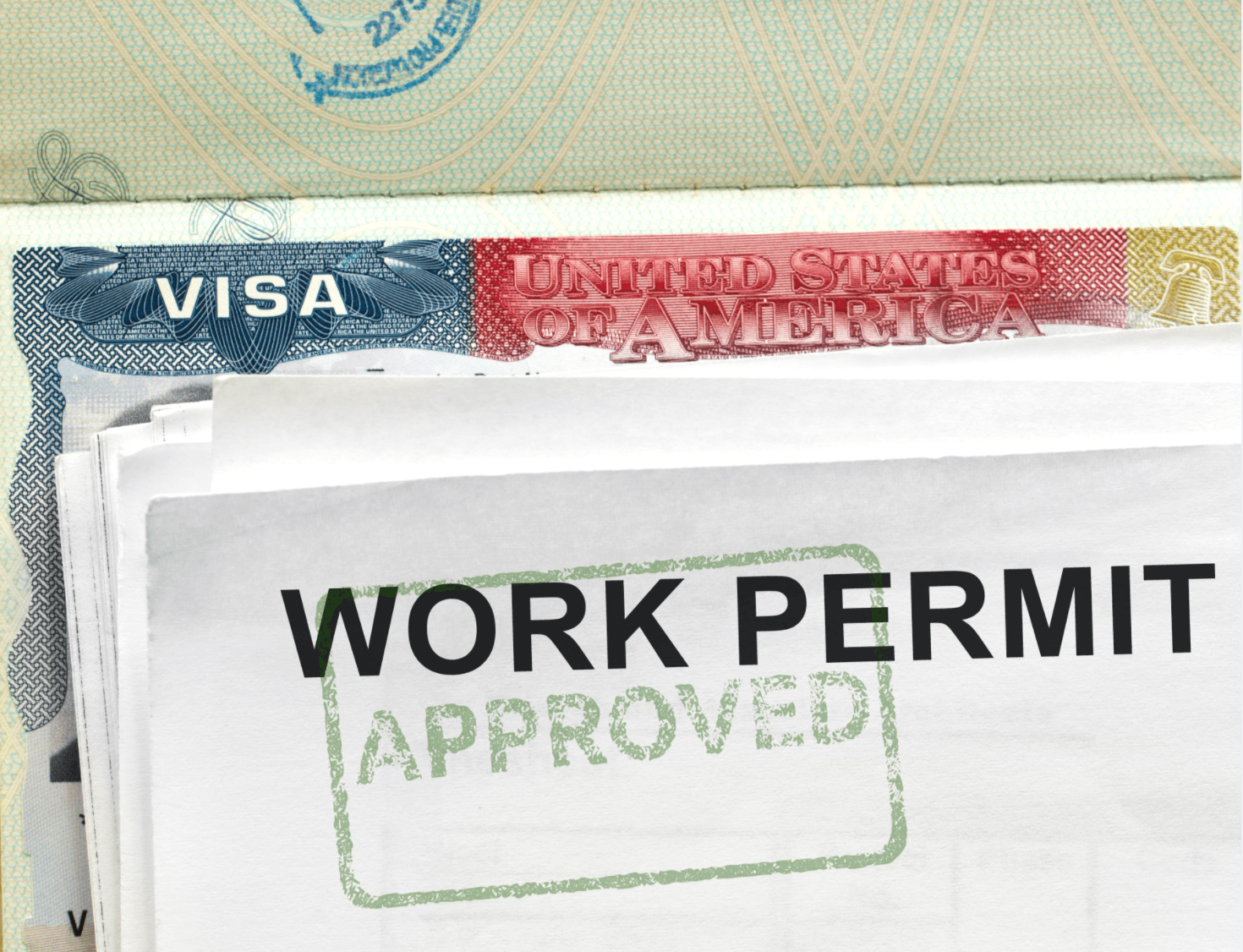How to apply for a Green Card Without an Employer Sponsor

Employer-sponsored and non-employer-sponsored options are the two types of employment-based options (also referred to as self-petitions). Labor Certification, which is applicable to all employees, and Outstanding Researcher/Professor (EB-1B), which is only available to tenure track or permanent faculty, are the two most frequent employer-sponsored alternatives.
Citizen Interest Waiver (EB-2) and Extraordinary Ability (EB-3) are the only two employment-based immigrant visa categories in which a foreign national may self-petition (EB-1). Many employers have restrictions on who they may sponsor for permanent residency and when they can do so. They may only give sponsorship for specific roles or workers who will be in a position for a longer period of time.
Alternatively, an employer may impose a “waiting period” during which workers are not eligible for sponsorship until they have worked for the firm or institution on a temporary visa for a specific amount of time. Temporary or part-time positions (such as postdocs, medical residents/fellows, or visiting professors) will not be eligible for employer-sponsored categories. If you’re looking at permanent residency options that don’t involve employer sponsorship, keep in mind that your chances and credentials will increase as your career progresses.
As you advance in your career, your CV will get stronger, and your company may sponsor (and potentially pay for) your permanent residency application. As a result, it’s critical to assess not just if you qualify for a self-petition, but also whether it’s worthwhile to attempt now.
Exceptional Talent (EB-1A)
The EB1-1 category does not need employer sponsorship (but an employer may sponsor a petition) or a Labor Certification to prove that there are no minimum competent U.S. employees for the job.
Reference letters from peers in the area (including independent reference letters) and documentary proof demonstrating that the candidate is among the top few percent in the field and has earned sustained national or worldwide recognition are required for this category.
Waiver of National Interest (NIW or EB-2)
In the same way that the EB1-1 does not require employer sponsorship or a Labor Certification, the National Interest Waiver does not.
Many of the same letters and documentation mentioned above can be used to demonstrate that an application fulfills the NIW requirement. This category’s requirements may be regarded more restricted, although they are less specific:
- For the applicant, the proposed initiative must have “substantial merit” and “national importance.”
- The candidate must be in a good position to move forward with the proposed project.
- Overall, it would be beneficial to the United States to waive the job offer and labor certification criteria for the EB-2 category.
Individuals who are undertaking significant work that has a local impact, such as teachers or social workers, are exempt from the “national importance” requirement. The planned work of the applicant must have a broad potential influence on the sector or industry and must go beyond producing value for the applicant’s institution, clients, or consumers.
This criterion can be met by an entrepreneurial initiative if it has a considerable potential to employ American employees or has other major beneficial economic benefits, especially in economically disadvantaged areas.
The second criterion is more difficult to satisfy. USCIS will consider factors such as the applicant’s education, skills, knowledge, and track record of success, as well as a model or plan for future activities, progress toward achieving the endeavor, and the interest of potential customers, users, and investors in determining whether the applicant is well-positioned to advance the proposed endeavor. Prior results are heavily weighted by the USCIS as indicators of future success.
USCIS examines whether a researcher’s previous work acted as an “impetus for field advancement” or created “significant favorable conversation in the larger academic community.” To meet this criterion, the applicant can demonstrate that outside researchers are expanding on the applicant’s achievements, or that a discovery has been extensively implemented, licensed for use by industry, or something similar. Finally, USCIS considers the following considerations in determining whether the applicant fulfills the third prong:
- Whether it would be impractical to secure a job offer or obtain labor certification in light of the applicant’s qualifications or the proposed endeavor;
- Whether the United States would still profit from the contributions of the foreign national even if competent American employees are available elsewhere;
- Whether the contributions of the foreign national are of sufficient national importance to justify skipping the labor certification process.
Keep Your Spouse in Mind
If a person meets the requirements for permanent residency, his or her spouse and children may also apply for green cards. As a result, a married couple should weigh all of their choices and choose the most straightforward path to obtaining a green card for all of them.
A specific category for nurses and physical therapists, multi-national managers, investors, Special Handling for college professors, and PERM Labor Certification are just a few of the areas not covered in this article that may be of interest to your spouse.
Alternatives to Permanent Residence Based on Employment
Political asylum is a category accessible to those who are fearful of being persecuted in their native country because of their race, religion, nationality, social group, or political beliefs.
An initial application and an in-person interview with a USCIS examiner are necessary. If granted asylum, the person is awarded permanent status but must wait one year before filing for a green card. The Diversity Visa Lottery is Congress’s most popular special program. This is a program sponsored by the Department of State that offers 50,000 green cards to people from countries with low immigration rates to the United States.
The lottery usually takes place between October and December, and instructions are available online. Because it is a lottery, your odds of winning are slim, but if you (or your spouse) are from a nation that qualifies, we recommend giving it a shot. Every year, we have clients that win.
Conclusion
It’s critical for someone who wants to apply for permanent residency in the United States to think about all of their choices. It’s also crucial to plan ahead, taking into account any temporary visa time limits and allowing for the usual delays in the green card procedure. This year, there has been a lot of discussion regarding immigration in the press.
Despite the fact that many of the proposals in Congress are about illegal labor, they all concern high-skilled employees. We expect that new legislation will be approved in the next year to increase the number of green cards and temporary work visas available to high-skilled migrants.





